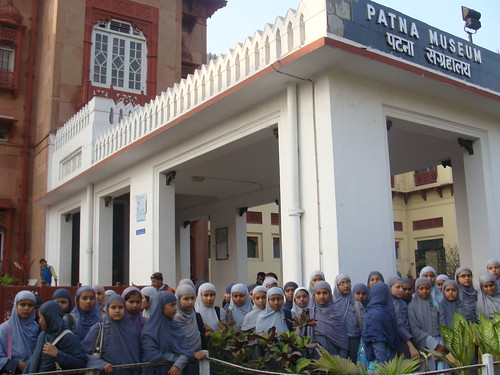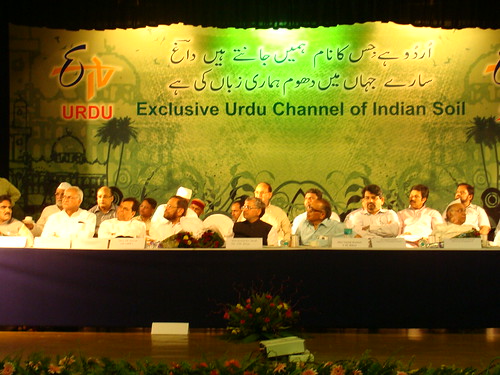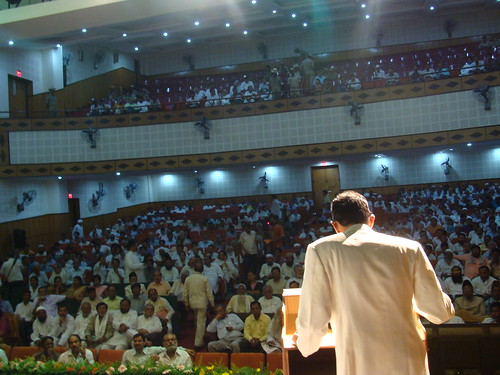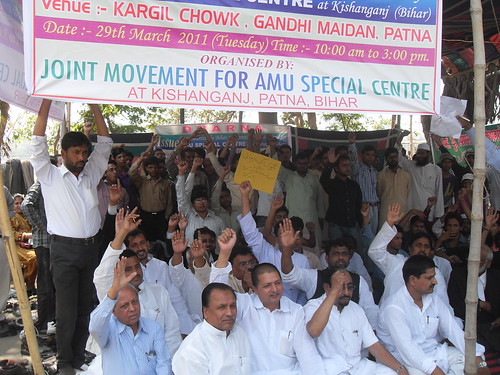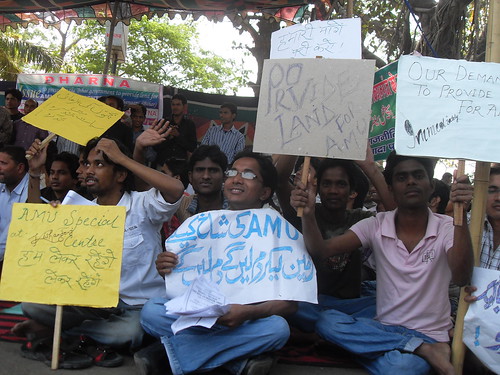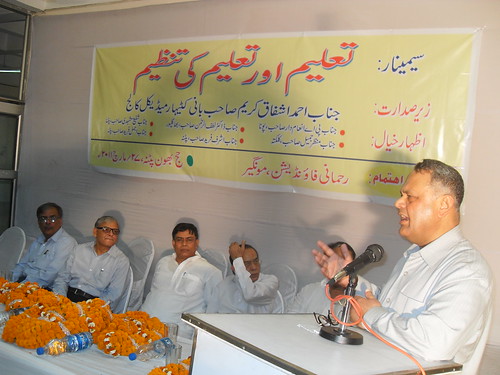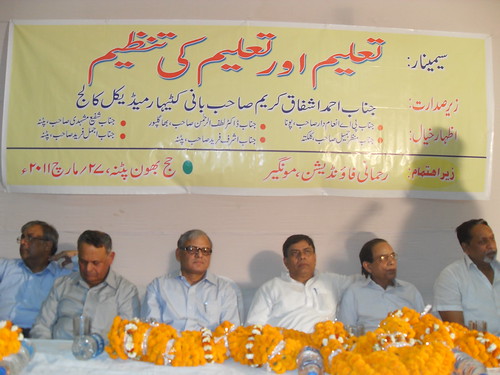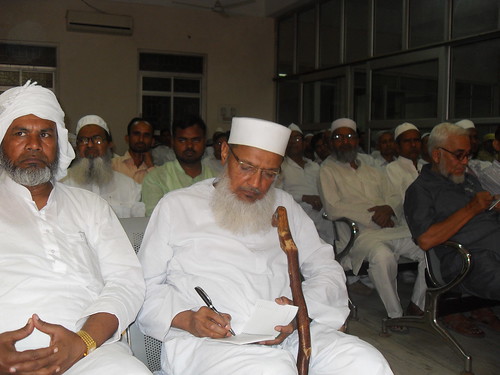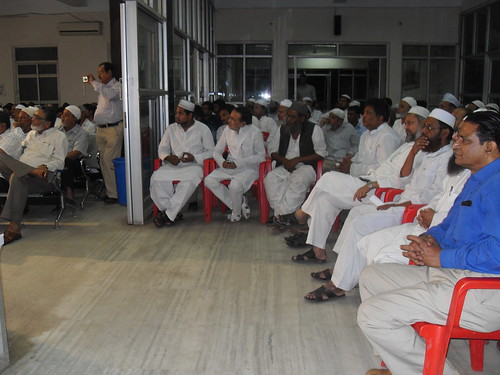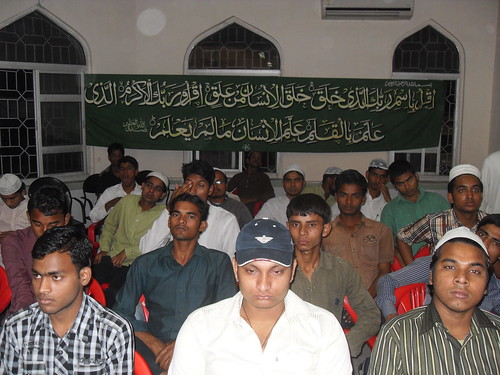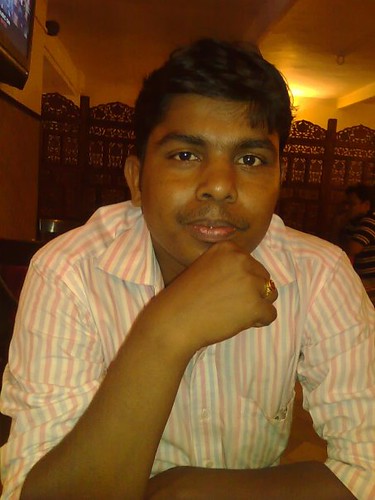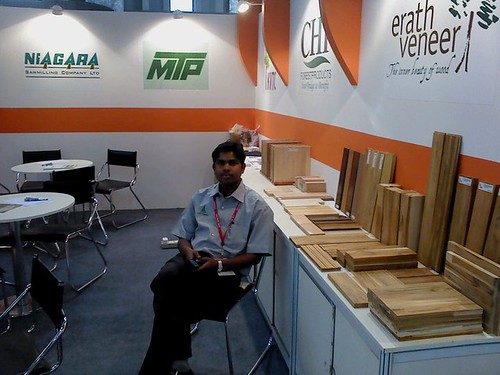Mumbai: Corporate executives and finance professionals learning and discussing financial business market issues in conference rooms at Bombay Stock Exchange (BSE), is a normal scene but what happened last week was unprecedented. This time they were learning and discussing Islamic banking and finance at a program jointly organized by Taqwaa Advisory and Shariah Investment Solutions Pvt Ltd (TASIS) and BSE.
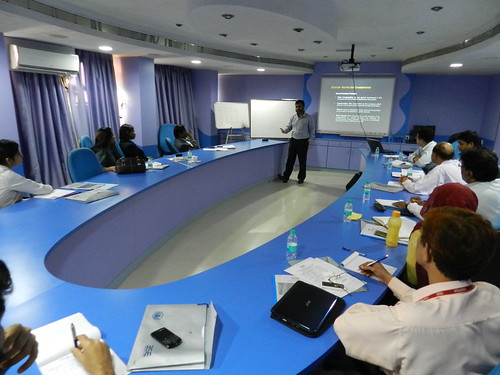
Training program on Islamic banking and finance held at BSE, Mumbai
TASIS and BSE organized the two-day program “Islamic banking, finance and capital market” (16-17 Dec.) for market professionals, finance and banking executives. The push might have come from growing Islamic banking and finance sector across continents.
Islamic banking and finance has reached the boundaries of more than 75 nations of the world, and many developed and secular nations including UK, USA, France, Germany, and Singapore are promoting this concept. The robust performance of Islamic banking and finance sector during the recent financial downturn has added to its magnetism.
Western nations such as UK, are promoting Islamic finance with the slogan of “no favor but no discrimination”. Same way in India many institutions including some owned by government have showed interest to capitalize on this growing niche opportunity. For example Kerala government owned KSIDC has started Al-Barakah Financial Services Ltd; GIC of India has started Islamic re-assurance scheme, SEBI has permeated several schemes explicitly adhering to the Islamic rules of investment, and Bombay Stock Exchange has started a Shariah index for share marketing.
The two-day program by TASIS and BSE was organized for finance professionals, fund managers, merchant bankers, corporate financial advisors, portfolios managers, and product development managers, finance marketing professionals, chartered accountants, stock brokers, wealth managers & AMCs. The program mainly focused on the following:
• The basic concepts of tenets of Islamic banking and finance
• The working of an Islamic bank
• Islamic law relating to investment in the stock market
• Screening processes of selecting shariah compliant stock
• Islamic insurance
Program to train professionals for coming Islamic finance market
TCN spoke to Dr. Shariq Nisar, Director of TASIS, on the program and its purpose. The reason to organize this programme was that many business professionals were interested in knowing about Islamic finance, so by the way of this programme professionals will get aware of the Islamic finance, and also when Islamic banking is going to start in India and if the people are not aware of it then the chances of exploitation is very high. So to avert that kind of situation this programme is conducted, said Dr Nisar.
He says it is first kind of programme organized by the BSE for the professionals who want to learn about Islamic finance. He further says that majority of the professionals attending this programme are non-Muslims, and non-Muslims professionals are showing curiosity and interest in learning about Islamic finance, and how Islamic banking and insurance can function and also the Muslims who are attending this programme are seeing it from business operational point of view, and not in a religious way.
India needs Islamic finance for growth: Dr Shariq Nisar
Dr. Nisar says Islamic finance in India depends on two important aspects: First is the domestic demand; and the second is India’s position in the globalization of the financial sector, because domestically India is unable to generate enough capital largely because its major Muslim population is being discouraged to enter into the Indian market because of the perception of Haram, and globally the large number of global capital is getting generated from middle east or many other Islamic countries. So if India wants to satisfy the demand of investment and capital it has to have an Islamic financial market both domestically and globally, and India will definitely be going to have a Islamic financial market very soon. The sooner India does it, the better for the nation and the whole economy, he ascertains.
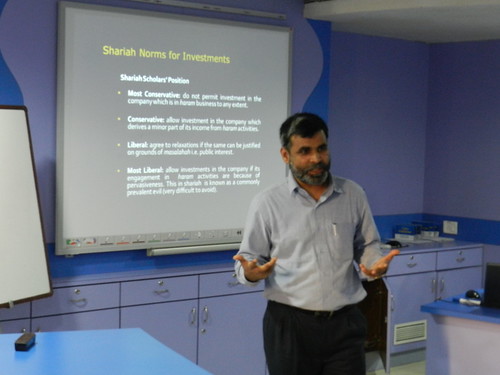
Dr Shariq Nisar, Director, TASIS, giving market executives tips about Islamic banking and finance
He said the shariah index started by the BSE is just a one step. It is not the end. There is going to be much more research by the BSE and TASIS to certify many more shariah compliant products and the Islamic banking. He says Islamic finance is not just for the minority Muslim population in this country, but it is for the money. The nations which have allowed Islamic finance were not lovers of Islam. For example France allowed Islamic finance but in the same month it banned hijab. Different countries and people are attracted towards Islamic finance for the need of money. He said Islamic finance is all about the real economic activity, it doesn’t allow gambling with the money, in this way it can restrain economic downturn by promoting real economic activity and deterring people to gamble with money so it will be in the larger interest and welfare of the citizens of this country.
He says India is a country with huge Muslim population but still it is far behind in implementation of Islamic finance. Muslims in this country have money but they don’t know how to invest it financially, nor even banking professionals know as to how to guide their Muslim customers to invest in the commodity market. So this type of programme is conducted by the BSE and TASIS to train the banking officials in the Islamic finance.
Young market executives on Islamic Finance
TCN also spoke to some of the finance professionals who were attending the programme.
Varsha Jalan is an employee of a law firm giving legal assistance in the finance related matters. She said reason for joining this programme is to develop her expertise in the growing Islamic financial market, and because it could be a good mode of finance in India. Sumit Jalan and Yasmeen both belong to the banking profession. They said that Islamic finance has a good potential in India because of the large number of Muslim population which India possess, but at the same time they ascertain it should not be limited to a particular community because it is very viable and economical than other services, so every person should get avail of this service.

Finance executives Yasmeen, Sumit and Varsha attending the workshop on Islamic banking and finance held at BSE, Mumbai
Varsha says that the programme was informative, and she learned new and surprising things about the Islamic finance and about the tenets of Islam. She thinks Islamic finance is a good way for India to attract FDI because India is in need of money and for Middle East India is good alternative to the west. Sumit and Yasmeen said that they learned many things about how the markets and MNCs work in Islamic countries and it was useful for them as they come from the banking sector, and it was good experience for them to learn about the core principles of Islamic finance. Sumit says that to attract FDI in the banking sector you need to have knowledge of the environment which investors are looking forward for their investment, so the knowledge he gained will be useful for him in the future. Yasmeen said being a banker learning something new regarding to their profession was a pleasant experience for her.

